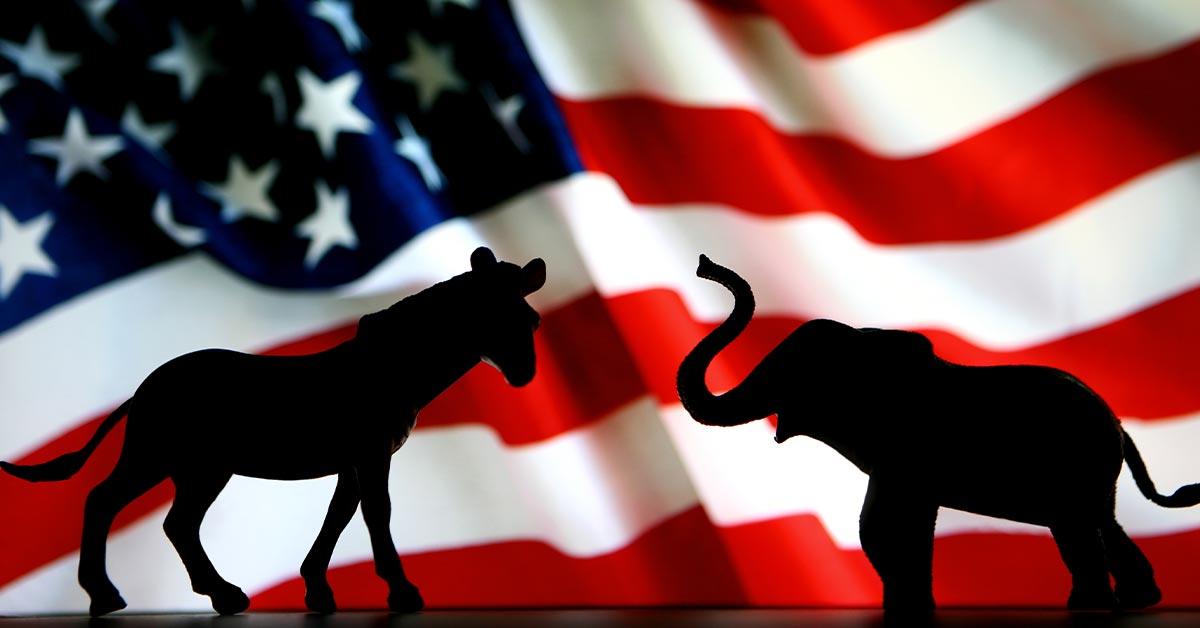So think about it.
The rise in "Independent" voters is because of dissatisfaction with some aspect of the source party. If anyone were to ask me my party affiliation right now I'd answer "Independent" as I'm a GOP Never-Trumper. But prior to FPOTUS#45 I voted GOP since 1978 casting my first Presidential vote for Reagan in 1980. I even voted GOP in 2016 and voted for Kasich twice (once in the primary and as a write in on the general).
In Virginia, there is no party affiliation requirement, the limitation is you can vote in only 1 primary. So if an individuals preferred candidate looks like a shoe-in, they are free to vote in the other parties primary in an attempt to make their preferred candidate face-off with the weakest challenger.
Now if you look at California, the graphic lists it is a modified primary state. What that means is for California the Party must notify the Secretary of State at least 135 days before the primary whether they choose a "Closed" primary (only voters registered for that party can vote) or a "Modified" primary (only voters register with that party OR those registered as "no party affiliation" can vote).
Finally, you have states like Florida with closed primaries, you can only vote in the primary if you are registered with that party affiliation.
Open and closed primaries have their advantages and disadvantages. Closed primary for a party means it's the party making the selection, but because independents are excluded, the moderating forces they present will have less impact on the primary. Another way to say that it becomes easier for a party wackadoodle to get on the general election ballot. Conversely in open primary states it becomes possible for "independents" to game the system if they are confident their candidate will win buy voting in the other parties primary to attempt to get the least attractive opponent for their guy.
With closed primaries, candidate have to drive to the extreme (left or right) to survive the primary process. Which can actually make for a less attractive candidate for the general population being present on the general ballot.
.
.
.
.
What is the answer with the above deficiencies? Honestly, I don't know. I've been mentally toying around with the idea of not having party primaries at all. But more of an elimination round. A single primary day, one ballot with all names, and the top two or three are then on the general ballot.
WW

 news.gallup.com
news.gallup.com

 news.gallup.com
news.gallup.com
